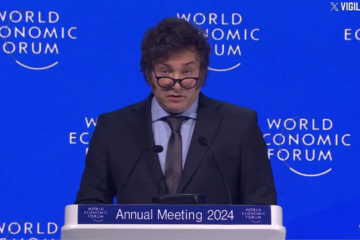Regulatory Problems of 2022: Naive Investments Pouring into NFT, Multi-chain Infrastructure, DeFi Exploits, New Mining Pools, and More…
This year has brought to the surface a set of completely new business and regulatory challenges and almost any FinTech or crypto company would have to make their own decision on how they are going to address that.
So – what are the emerging challenges and new projects I am seeing?
- Many mining pools moved out of China to Russia, Kazakhstan, Malaysia, and other places and are currently searching for new financial partners to sell their crypto.
- There is a lot of fresh, new, and naive crypto funds invested into NFTs by users who are not crypto native and not sophisticated techies. These users are searching for alternative options to diversify their crypto holdings, reduce fees, and use additional crypto services.
- VCs are looking to invest in new (even pre-product) crypto projects. There is a clear valuation premium for being in crypto (as compared to “boring ” and “old-fashioned” FX or payments FinTech business), however, crypto projects themselves do a very poor job explaining to the VCs where or how they are going to apply for the licenses and how long it is going to take them. There is a number of infra and protocol-focused projects who approached me because nobody can tell them which licenses do they need or don’t need and what does it mean for their revenue-generating abilities.
- From now on, we are going to live and offer services in the multi-chain multi-layer blockchain infrastructure world. Most Blockchain payments companies don’t know and cannot explain to regulators this infrastructure, its security aspects, and associated risks.
- Institutional investors cannot find a way to work with DeFi projects (due to their ambiguous regulatory status) which is why many DeFi platforms are looking to establish an additional layer that will be subject to KYC and compliance checks. IMHO – this is not going to work well and will force institutional crypto investors to keep searching for other partners because most crypto exchanges are not equipped to serve them either.
- In fact, many DeFi and multi-chain interoperability projects (especially when they don’t have open source code and don’t deploy KYC which makes them double attractive honey pots) will continue to be exploited by hackers and money launderers.
- Crypto-lending products will create even more drama in the regulatory space. Just watch.
- We will see more token sales offerings from the non-crypto businesses and their biggest challenge is to design their token economics well, so that helps them grow and get new users without cannibalizing their existing services or structures.


 DO NOT RELY ON THE STATE TO PROVIDE PROSPERITY OR STABILITY. WHEN SOMEONE BLAMES MARKET INEFFICIENCY AND ASKS FOR MORE REGULATION,
DO NOT RELY ON THE STATE TO PROVIDE PROSPERITY OR STABILITY. WHEN SOMEONE BLAMES MARKET INEFFICIENCY AND ASKS FOR MORE REGULATION,